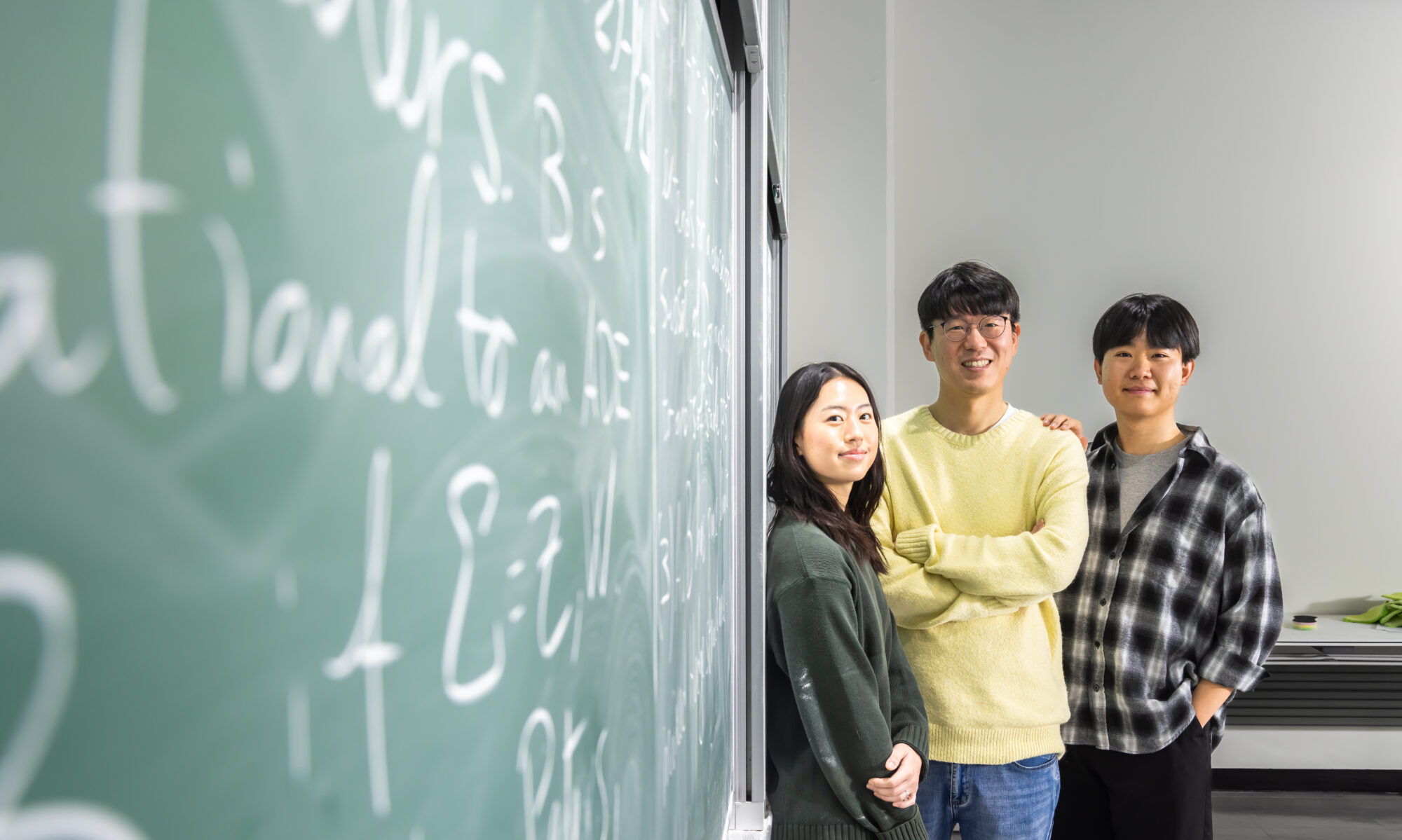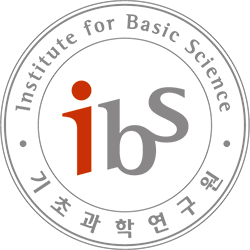
- This event has passed.
Model Reduction for the Chemical Master Equation: an Information-Theoretic Approach
November 4, 2022 @ 3:00 pm - 5:00 pm KST
Daejeon, 34126 Korea, Republic of + Google Map
We will discuss about “Model Reduction for the Chemical Master Equation: an Information-Theoretic Approach”, Öcal, Kaan, Guido Sanguinetti, and Ramon Grima., arXiv preprint arXiv:2210.05329 (2022).
Abstract:
The complexity of mathematical models in biology has rendered model reduction an essential tool in the quantitative biologist’s toolkit. For stochastic reaction networks described using the Chemical Master Equation, commonly used methods include time-scale separation, the Linear Mapping Approximation and state-space lumping. Despite the success of these techniques, they appear to be rather disparate and at present no general-purpose approach to model reduction for stochastic reaction networks is known. In this paper we show that most common model reduction approaches for the Chemical Master Equation can be seen as minimising a well-known information-theoretic quantity between the full model and its reduction, the Kullback-Leibler divergence defined on the space of trajectories. This allows us to recast the task of model reduction as a variational problem that can be tackled using standard numerical optimisation approaches. In addition we derive general expressions for the propensities of a reduced system that generalise those found using classical methods. We show that the Kullback-Leibler divergence is a useful metric to assess model discrepancy and to compare different model reduction techniques using three examples from the literature: an autoregulatory feedback loop, the Michaelis-Menten enzyme system and a genetic oscillator.

